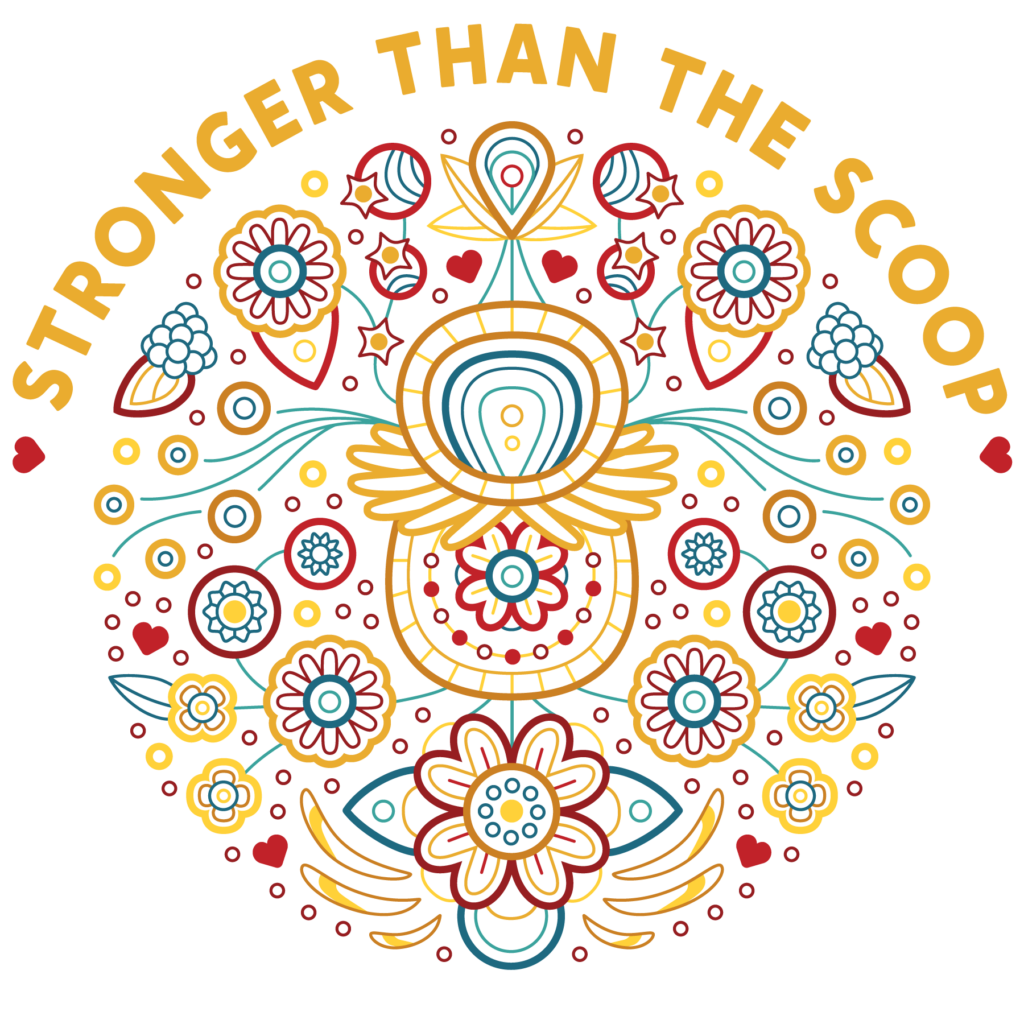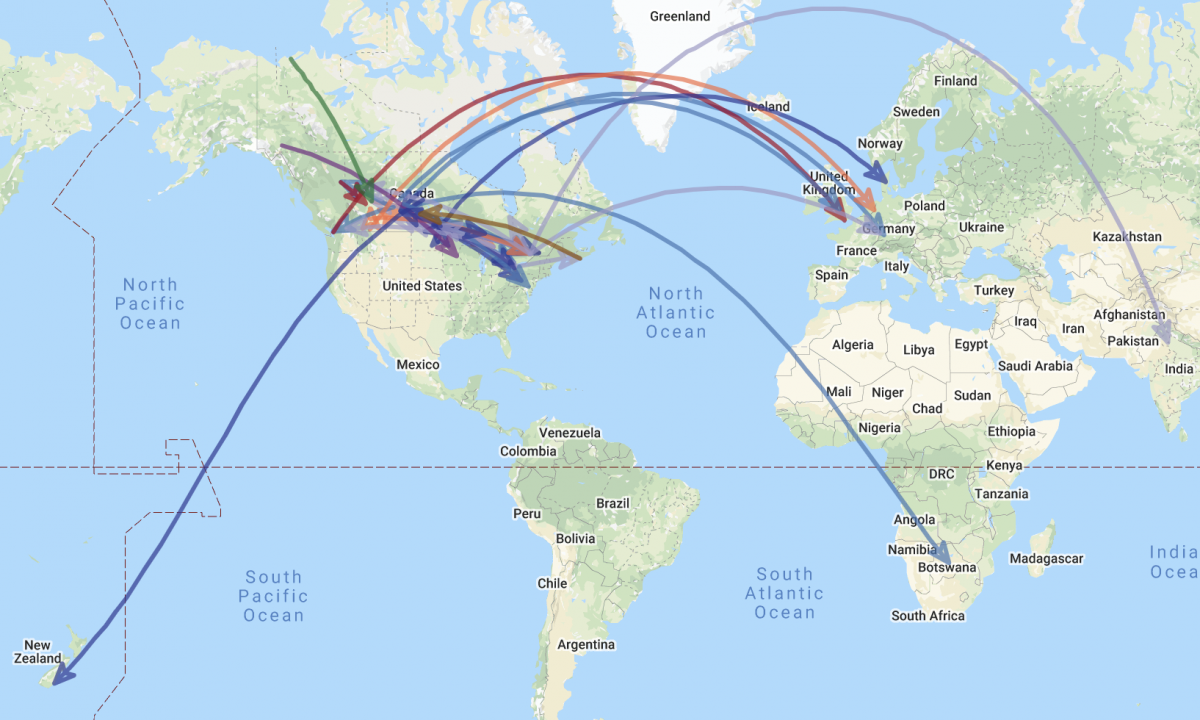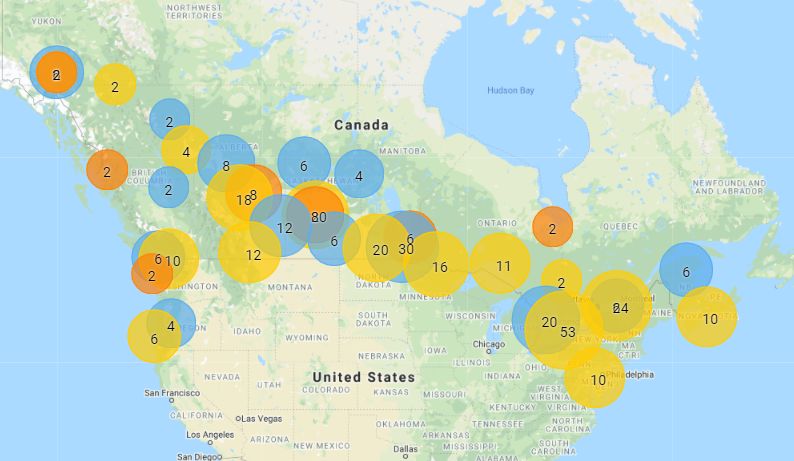Emotional and mental health counselling and crisis support is available 24 hours a day, 7 days a week through the Hope for Wellness Hotline at 1-855-242-3310 or online at www.hopeforwellness.ca. Counselling is available in English, French, Ojibway, Cree, and Inuktitut, on request.
The Sixties Scoop legacy was just a continuation of violent and ignorant policies that were designed by Canada to disrupt and destroy First Nations families and communities. By attacking the family structures and incentivizing the apprehension of our families by not only the church, but now Canadian and foreign families, they made everyday citizens complicit in the violence and reliant on the financial compensation it came with. That is the definition of state-sponsored violence.
Grand Chief Jerry Daniels

SCO Pathways to Healing Program
SCO’s Pathways to Healing Program supports healing for Survivors of the Sixties Scoop and child welfare system, as well as the residential and day schools, and the issue of missing and murdered Indigenous women, girls, and gender diverse people.
Contact pathwayshealing@scoinc.mb.ca or call 204-946-1869 or toll-free 1-866-876-9701 during regular office hours.
SCO Events for 60s Scoop Survivors
Winnipeg 60s Scoop Survivors Sharing Circle
Date: Sunday, February 4, 2024
Time: 10:00 am to 12:00 pm
Location: Sargeant Tommy Prince Place, 90 Sinclair Street in Winnipeg
The circle is a safe place for Survivors to be with others who understand their experiences. An Elder and emotional support will be available, and coffee and light snacks will be served. Bus tickets available if needed.
Virtual Sharing Circle
Date: Thursday, February 8, 2024
Time: 6:00 to 8:00 pm.
Location: Please email to receive a Zoom link to attend virtually.
An Elder and emotional support will be available.
Brandon Sharing Circle
Date: Saturday, February 10, 2024
Time: 10:00 am to 12:00 pm.
Location: 60s Scoop Eagle Healing Lodge 24-6th St. Brandon, MB
An Elder and emotional support will be available, and coffee and light snacks will be served. Bus tickets available if needed.
Beading Workshop
Date: February 9, 2024
Time: 10:00 am – 2:00 pm
Location: Boardroom of 105-1555 St. James Street, Winnipeg
Facilitator Joanne Soldier will work with Survivors to bead a moccasin, orange shirt, or red dress.
Lunch is included and bus tickets are available.
Registration is free and spaces are limited.
To register, ask a question, or to receive a Zoom link:
Please contact Nadine, 60s Scoop and Child Welfare System Survivor Liaison:
Phone: 204-946-1869
Toll free: 1-866-876-9701
Email: nadine.swartout@scoinc.mb.ca

What is the Sixties Scoop?
Starting in the mid-1950s thousands of First Nations children were apprehended from their families and communities and adopted out to non-Indigenous families, some even adopted outside of Canada. Children were often taken from their families under the assumption that First Nations people were not capable of providing adequately for their children – that we were “unfit” parents in some capacity. This was all part of a deeply racist and colonial system of assimilationist policies. These children were stolen, disconnected from their names, culture, language, and heritage.
The child welfare system during this time was essentially an extension of the Indian Residential School System. Statistics from the Department of Indian Affairs reveal a total of 11,132 status Indian children adopted between the years 1960 and 1990. It is believed, however, that the actual numbers are much higher. While Indian Affairs recorded adoptions of ‘status’ First Nation children, many were not recorded as ‘status’ First Nation in adoption or foster care records. Indeed, many ‘status’ children were not recorded as status after adoption. Of these children who were adopted, 70 per cent were adopted into non-First Nation homes where the breakdown rate for these adoptions was more than 50 per cent. (Sinclair, 2015)
In 1983, researcher Patrick Johnson coined the term “Sixties Scoop” in a report on Aboriginal child welfare commissioned by the Canadian Council on Social Development. Two years later, Justice Edwin Kimelman would release a review of Indigenous child apprehension called No Safe Place: Review Committee on Indian and Métis Adoptions and Placements. After reviewing the file of every First Nation child who had been adopted by an out-of-province family, Judge Kimelman stated: ‘that cultural genocide has been taking place in a systematic, routine manner’. The report was highly critical of what it called “an abysmal lack of sensitivity to children and families.” The Kimelman Report marked the end of the Sixties Scoop era and led to an immediate moratorium on Indigenous adoption in Manitoba, which was followed, albeit informally, in other provinces.
The Sixties Scoop Network
The Sixties Scoop Network has launched an innovative mapping project for survivors. In Our Own Words: Mapping the Sixties Scoop Diaspora is a Geographic Information Mapping platform to help Sixties Scoop Survivors share their stories, visualize their geographical displacements and to collect data on where survivors were taken from and subsequently displaced. The project is aimed to support survivors in finding and reconnecting with family members and accessing services and support resources.
For more information read the 60s Scoop Map background (PDF) and check out the ‘In Their Own Words: An Interactive Map Shares the Stores of Sixties Scoop Survisors’ Canadian Geographic article.

Resources
Sixties Scoop Class Action Lawsuit Settlement Website
Voices: Manitoba’s Youth in Care Network
Applying for Access to Manitoba Birth Records Related to Adoption
CBC Docs POV – The Sixties Scoop Explained
60s Scoop Legacy of Canada – MB Region Facebook Page
Sixties Scoop Healing Foundation
Sixties Scoop Healing Foundation, National Survivor Engagement Report
Petition via Change.org – Demand an Inquiry into the Sixties Scoop


